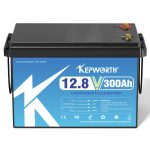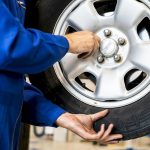When it comes to maintaining your vehicle, one of the most essential resources at your disposal is a car parts store. Whether you are a seasoned mechanic, an occasional DIY enthusiast, or simply a car owner in need of replacement parts, the right store can provide you with everything necessary to keep your vehicle running smoothly. Car parts stores offer a wide range of products, from simple consumables like oil filters and brake pads to complex components like engines and transmissions. Additionally, these stores often provide guidance and expertise that can help you make informed purchasing decisions. With the rise of e-commerce, it’s essential to explore not only local car parts stores but also what online options exist for sourcing the necessary components for repairs and maintenance. This comprehensive guide will delve into the intricacies of car parts stores, including the types of products available, how to choose the right store, tips for shopping efficiently, and a few insights into common repairs requiring parts.
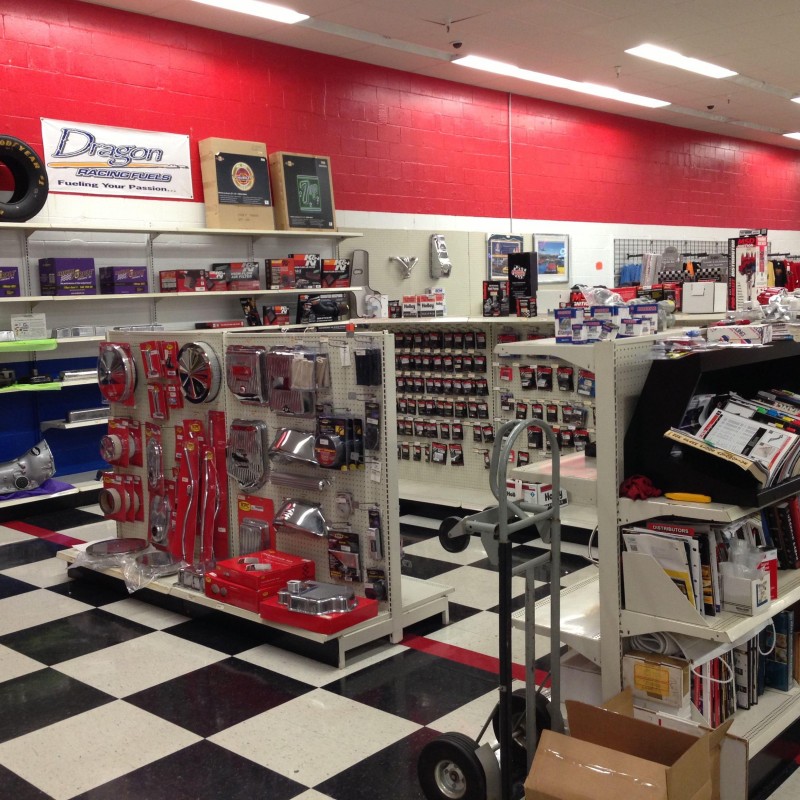
Types of Products Available at a Car Parts Store
When visiting a car parts store, you’ll find that they offer an extensive variety of parts and accessories. Knowing what categories are available can streamline your shopping experience.
Basic Maintenance Parts
Basic maintenance items are the bread-and-butter offerings of any car parts store. These components are crucial for the routine upkeep of your vehicle and should be readily available:
- Oil Filters: Essential for keeping your engine lubricated; oil filters prevent contaminants in the oil from damaging engine components.
- Air Filters: Vital for maintaining proper airflow into the engine; changing air filters regularly ensures optimal engine performance.
- Brake Pads: Regularly replaced to ensure proper braking efficiency; worn brake pads can severely compromise safety.
- Wiper Blades: Essential for visibility during adverse weather conditions; replacing them periodically is necessary for safe driving.
Electrical Components
As vehicles become more technologically advanced, the electrical systems have also evolved significantly. The following components are commonly found in a car parts store:
- Batteries: A critical component for starting the vehicle and powering electrical systems; it’s essential to choose the right battery type for your vehicle.
- Fuses: Small but crucial for safeguarding electrical components; having fuses on hand can prevent electrical failures.
- Spark Plugs: Necessary for igniting the air-fuel mixture in gasoline engines; they need replacement after reaching their lifespan.
- Wiring Harnesses: Essential for connecting multiple electrical components; replacing damaged wiring can restore proper functionality.
Engine Components
For more extensive repairs, engine components can be found at many car parts stores. These parts play a crucial role in engine performance:
- Gaskets and Seals: Important for preventing fluid leaks; they are crucial preventative components and often require replacement when performing engine overhauls.
- Timing Belts: Essential for maintaining the synchronization of engine components; it’s critical to replace timing belts at regular intervals to prevent catastrophic engine damage.
- Piston Rings: Vital for maintaining engine compression; worn piston rings can lead to reduced performance and efficiency.
Suspension and Steering
Components associated with the vehicle’s suspension and steering systems are critical for handling and safety:
- Shock Absorbers: Important for providing a smooth ride; worn shocks can affect handling and increase stopping distances.
- Strut Assemblies: Essential for overall suspension performance; replacing struts is vital for vehicle stability and comfort.
- Ball Joints and Tie Rods: Critical for safe steering; these components must be in good condition to ensure accurate vehicle handling.
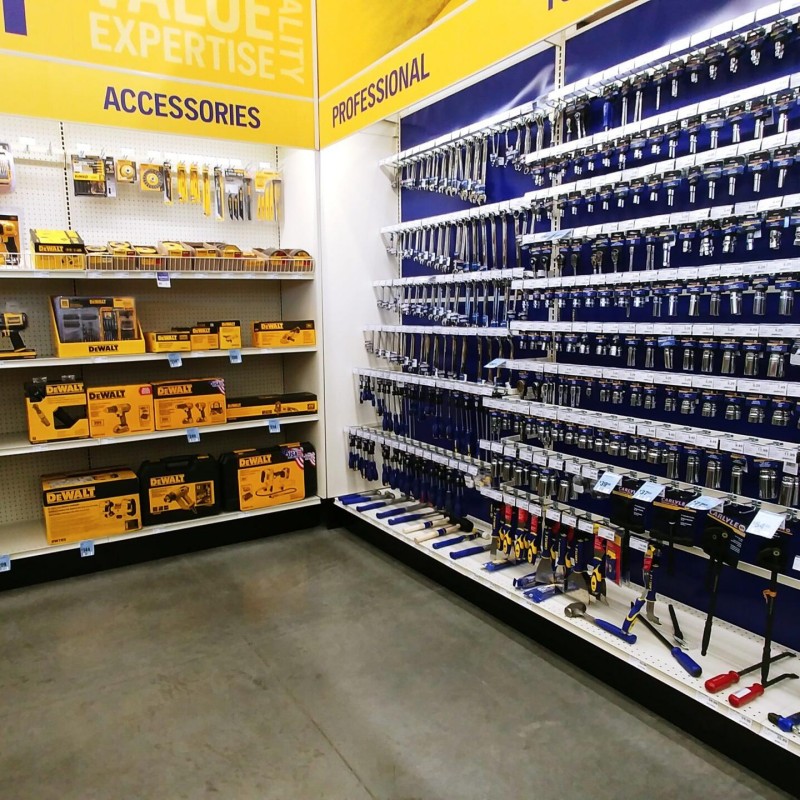
Tires and Wheels
Another significant offering at car parts stores is tires and related components, essential for driving safety and performance:
- Tires: Available in various brands and specifications, selecting the right tire type is crucial based on vehicle performance and driving conditions.
- Wheel Rims: Necessary for holding tires securely on the vehicle; proper fitment is essential for safety.
- Tire Accessories: Includes tire pressure monitoring systems, valve stems, and more, which are crucial for tire maintenance.
How to Choose the Right Car Parts Store
Selecting a car parts store can greatly influence your overall experience and the quality of the parts you receive. Here are some tips to find the right one.
Reputation and Reviews
Before choosing a car parts store, conduct thorough research on its reputation in the community. Online reviews and testimonials can provide valuable insights into customer experiences.
- Local Reputation: Word-of-mouth referrals are often the most reliable source of information; ask friends, family, or coworkers about their preferred stores.
- Online Reviews: Check platforms like Google, Yelp, and Facebook for customer feedback. Rating scores can also guide your decision.
Product Availability
Evaluate the range of products offered by a car parts store. The availability of high-quality parts greatly impacts your ability to perform repairs efficiently:
- Brand Variety: Ensure the store carries various brands to provide options for quality and price.
- Specialty Items: If you own a specialized vehicle, like a sports car or classic model, inquire whether the store offers specific parts for these vehicles.
Knowledgeable Staff
The expertise of staff can make your visit to a car parts store much more fruitful. Knowledgeable employees can help you make informed decisions:
- Customer Service: Friendly staff willing to assist you in finding the right parts can significantly enhance the shopping experience.
- Expert Advice: Living in a world of advanced automotive technology means that knowledgeable staff can provide insights on installation and maintenance.
Competitive Pricing
Cost is always a consideration when shopping for car parts. Comparing prices between stores can help you find the best deals:
- Price Matching: Many car parts stores will match prices from competitors, making it essential to inquire about this policy.
- Promotions and Discounts: Look for ongoing promotions, loyalty programs, or seasonal sales, as they can lead to significant savings.
Convenience and Location
Location plays an important role in your selection of a car parts store. Consider the following factors:
- Proximity: A closer store saves time, especially in emergencies when you need parts quickly.
- Store Hours: Consider the operating hours of the store, particularly if you are often busy during typical business hours.
Online vs. Brick-and-Mortar Car Parts Stores
In today’s digital age, choosing between online and physical car parts stores is another crucial consideration. Weigh the pros and cons of each option for sourcing the parts needed for repairs.
Advantages of Online Car Parts Stores
Online shopping for car parts offers several benefits that can enhance your purchasing experience.
- Convenience: Shop at any time without traveling. This is particularly advantageous for those with busy schedules who may find it difficult to visit physical locations.
- Extensive Selection: Online stores typically offer a wider range of products and brands compared to local shops. This means improved chances of finding the specific part you need.
- Price Comparison: Easily compare prices across multiple websites to ensure you’re getting the best deal.
- User Reviews: Online platforms allow you to read customer reviews about specific products, helping you make informed decisions.
Disadvantages of Online Car Parts Stores
Despite the advantages, online car parts shopping has its downsides.
- Shipping Wait Times: Unlike instant access at a physical store, online purchases require delivery. Depending on your location and the part’s availability, this delay could be problematic.
- No Immediate Assistance: Buying online means you won’t have access to knowledgeable staff who can provide advice or recommendations.
- Return and Exchange Challenges: Returning incorrectly ordered items can involve additional shipping or restocking fees.
Advantages of Brick-and-Mortar Car Parts Stores
Physical car parts stores offer distinct advantages that many car owners appreciate.
- Instant Gratification: You can obtain parts immediately without waiting for shipping, or repairs can be made the same day.
- Personal Interaction: Knowledgeable staff can provide personalized assistance based on your specific vehicle needs.
- Hands-On Inspection: You can examine the parts physically before purchasing, ensuring compatibility and quality.
Disadvantages of Brick-and-Mortar Car Parts Stores
Despite the benefits, there are limitations to shopping locally.
- Limited Stock: Physical locations may not carry the entire inventory available online. This can be frustrating if you have trouble finding a specific part.
- Higher Prices: Some physical stores may charge higher prices compared to their online counterparts, limiting your ability to find the best deal.
The Future of Car Parts Stores
As technology and consumer behavior evolve, car parts stores must adapt to meet changing demands and expectations. Here are emerging trends that could shape the future of this industry.
Increased Online Integration
Many traditional car parts stores are embracing digital transformation by enhancing their online presence. Offering a seamless shopping experience that combines in-store and online features will be vital for staying competitive. Expect to see:
- Click and Collect: This service allows customers to order parts online and pick them up at the nearest location, merging the convenience of online shopping with instant availability.
- Mobile Apps: With the increasing use of smartphones, many stores are implementing mobile apps allowing customers to browse products, check availability, and make purchases quickly.
Focus on Sustainability
Environmental concerns are becoming more prominent in retail, including the car parts industry. As awareness of sustainability grows, consumers are becoming increasingly interested in eco-friendly options.
- Recycled or Refurbished Parts: Car parts stores may start offering a wider selection of recycled parts, which are often more affordable and eco-friendly.
- Sustainable Packaging: Retailers may begin adopting sustainable packaging options to minimize waste.
Enhanced Customer Experience
The future of car parts stores will likely emphasize customer service and experience. More stores will focus on creating an inviting atmosphere where customers feel valued and supported:
- Workshops and Events: Offering workshops on vehicle maintenance, installation tutorials, or safety demonstrations can educate customers and draw them into stores.
- Loyalty Programs: To encourage repeat business, stores may implement loyalty programs that offer discounts, rewards, and exclusive access to sales.
Common Mistakes When Purchasing Car Parts
Being well-informed can help prevent buyers from making mistakes when visiting a car parts store. Here are some common pitfalls and how to avoid them:
Purchasing the Wrong Part
One of the biggest mistakes is not verifying compatibility with your specific vehicle model, which can lead to wasted time and money.
- Solution: Always check your vehicle identification number (VIN) and compare it against the part you intend to purchase. Many stores have databases or knowledgeable staff that can assist you in ensuring compatibility.
Ignoring Quality
Some car owners may prioritize price over quality, opting for the cheapest available option. However, lower-cost parts often lack durability and can lead to more significant issues down the line.
- Solution: Research and consider buying reputable brands known for their quality. It’s often worth spending a bit more for parts that provide long-lasting performance.
Overlooking Warranties
Neglecting to inquire about warranties is a missed opportunity to safeguard your investment. Many parts come with guarantees that ensure you’re covered in case of early failure.
- Solution: Always ask about warranty terms when purchasing parts, as they can give you peace of mind and protect you from unexpected costs.
Failing to Consider Installation
Many buyers purchase parts without considering the installation process. Some components may require professional assistance, adding to overall costs.
- Solution: Factor in whether the installation of certain parts is within your skill level. Consulting professionals for complex installations can save you from potential mishaps.
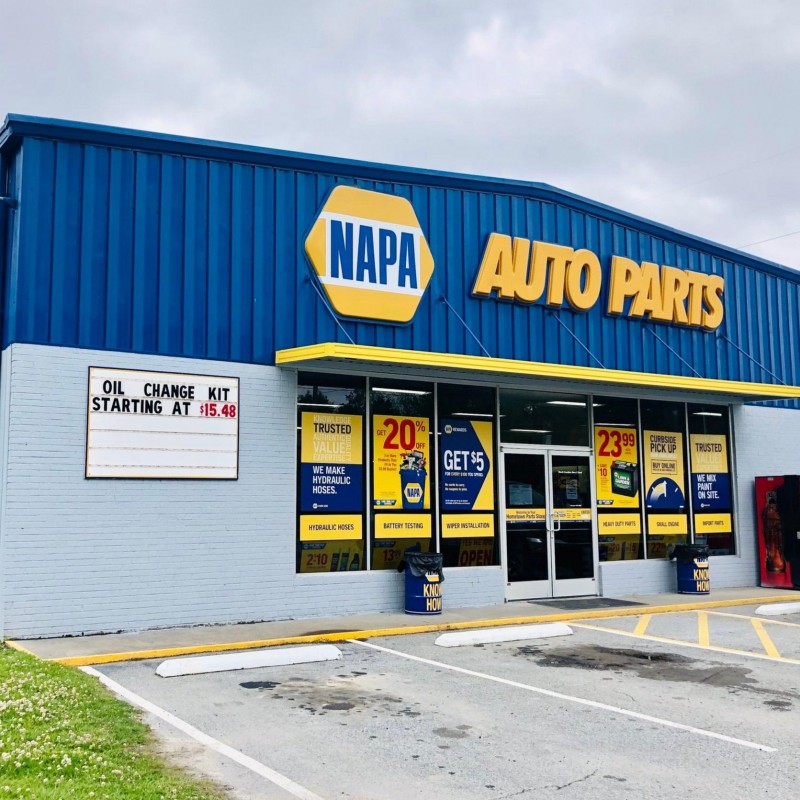
Conclusion: Empowering Your Automotive Experience with a Car Parts Store
Understanding why car parts stores are critical resources for vehicle maintenance goes beyond just purchasing components. Knowing how long car batteries last, identifying the signs of wear and tear, and familiarizing yourself with the various parts available can empower you to make informed decisions. Selecting the right store, navigating the balance between online and brick-and-mortar options, and avoiding common pitfalls ensures that you are well-prepared for your automotive needs.
Ultimately, a car parts store is not just a retail environment; it’s a vital partner in your journey to maintain and enhance your vehicle’s performance. By investing time in understanding the sales landscape, you will not only find quality parts but also gain the knowledge to become a more confident and capable vehicle owner. With regular maintenance and a proactive approach, you can keep your vehicle running smoothly and efficiently, maximizing your driving experience for years to come.
